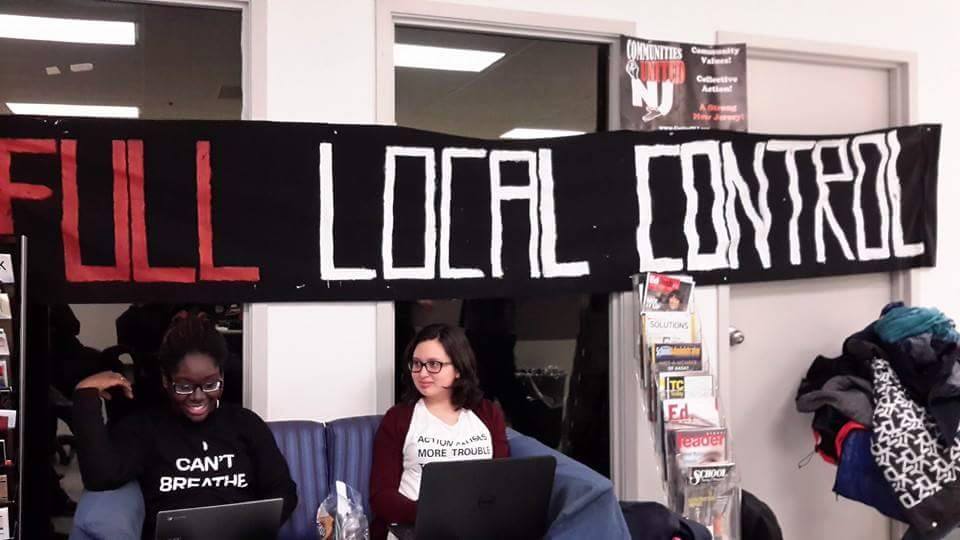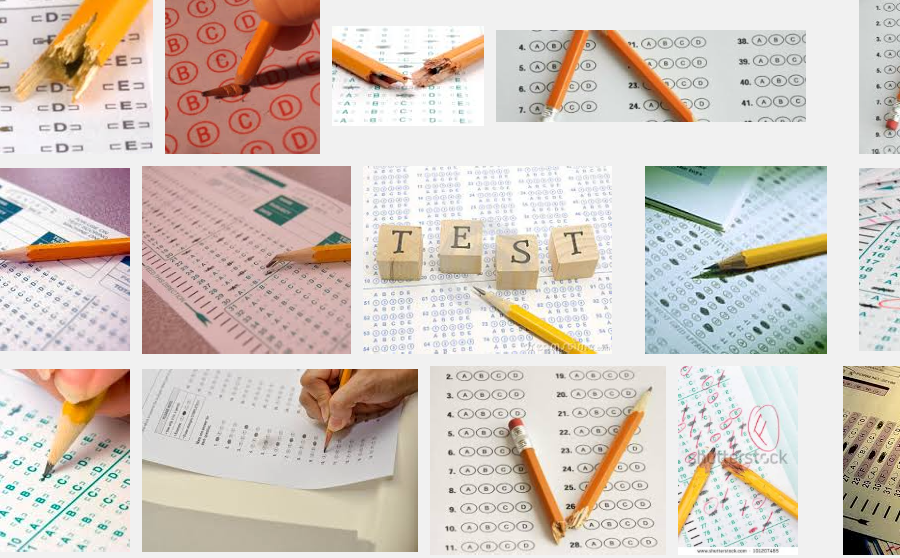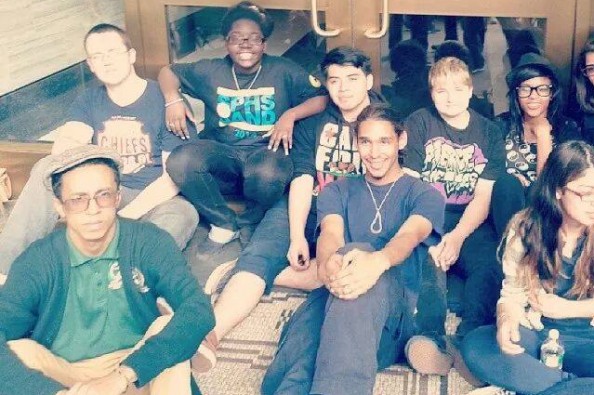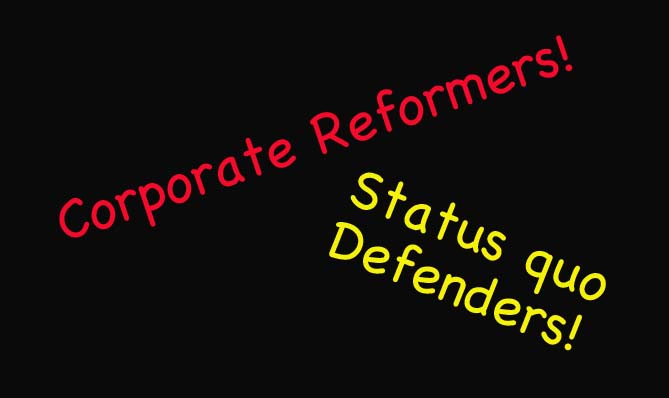Inside Take: New Charters Should Be Unacceptable to All
Donna Cooper: “No child should be harmed so another child can be helped.”
(This is an opinion column from a Citified insider.)
Conditions in the School District of Philadelphia have hit a new low after four record breaking years of state disinvestment in education and years of meager improvements in school performance. That situation is poised to change for the better if the new governor and legislature heed the voter sentiment expressed in the historic ousting of a sitting governor largely because of his sweeping education funding cuts. Unfortunately, while the new players in Harrisburg are still unpacking their boxes, the School Reform Commission must decide whether to approve new charter schools and what cuts to impose on traditional schools to pay for charter expansion.
While there are thousands of families who have good reason to love their local schools and teachers, the share of satisfied families is shrinking, as each year goes by. But there is also no question that most schools need urgent attention. Families who have lived in Philadelphia for generations are rightfully frustrated and impatient with the slow pace of improvement. The same goes for the recent influx of young families, who have neither the income nor the inclination to send their children to private school.
Meanwhile, the growing chorus behind expansion of charters makes the pathway to progress sound simple: authorize additional charter schools and families will stay and our students will do better. Thirty-nine charter operators have lined up for approval from the District to expand charter enrollment to 51 percent of the district’s students and potentially balloon annual charter payments to a billion dollars. Unfortunately the facts don’t support the charter silver bullet theory. Our recently released report on the challenges of authorizing new charters found:
- Many of the applicants for new charters are proposed by charter school operators that already run charter schools that are not preforming as well as the traditional public schools in the city.
- Nearly 60 percent of the applicants educate a student population from families that are more affluent than those attending traditional public schools, which could mean that as they expand they will be unprepared for the rigors of classrooms of mostly very poor students. In fact, some of the strongest performing charters might have better results than the traditional public schools only because they have a more ready student body than the students who attend the average District school, where the official poverty rate is 84 percent.
- Finally, there is the reality of money. For every student that enrolls in a charter school the District must pay the charter operator around $10,000. While the district avoids some costs when a student transfers to a charter, most of the overhead of operating the district schools remains the same. As a result, according to the Boston Consulting Group every new charter student ends up costing the district about $7,000 per child. Given the District’s dire fiscal straights, unless the state or the city were to ante up more money, the District will have to pay the cost of new charters by making deeper cuts to already starving traditional public schools.
If the commission is seriously entertaining the possibility of new charters, it would mean that it has essentially decided that it can find new funds for school improvement. If that’s the case, it raises the possibility that additional funds could be invested in struggling traditional public schools that lack books, teachers and counselors instead of new charter school seats. Are there really two policy options backed by new resources on the table for improving student
Read more at http://www.phillymag.com/citified/2015/02/12/philadelphia-charter-schools-unacceptable/#azG2qEBZoQmHxyUM.99




















